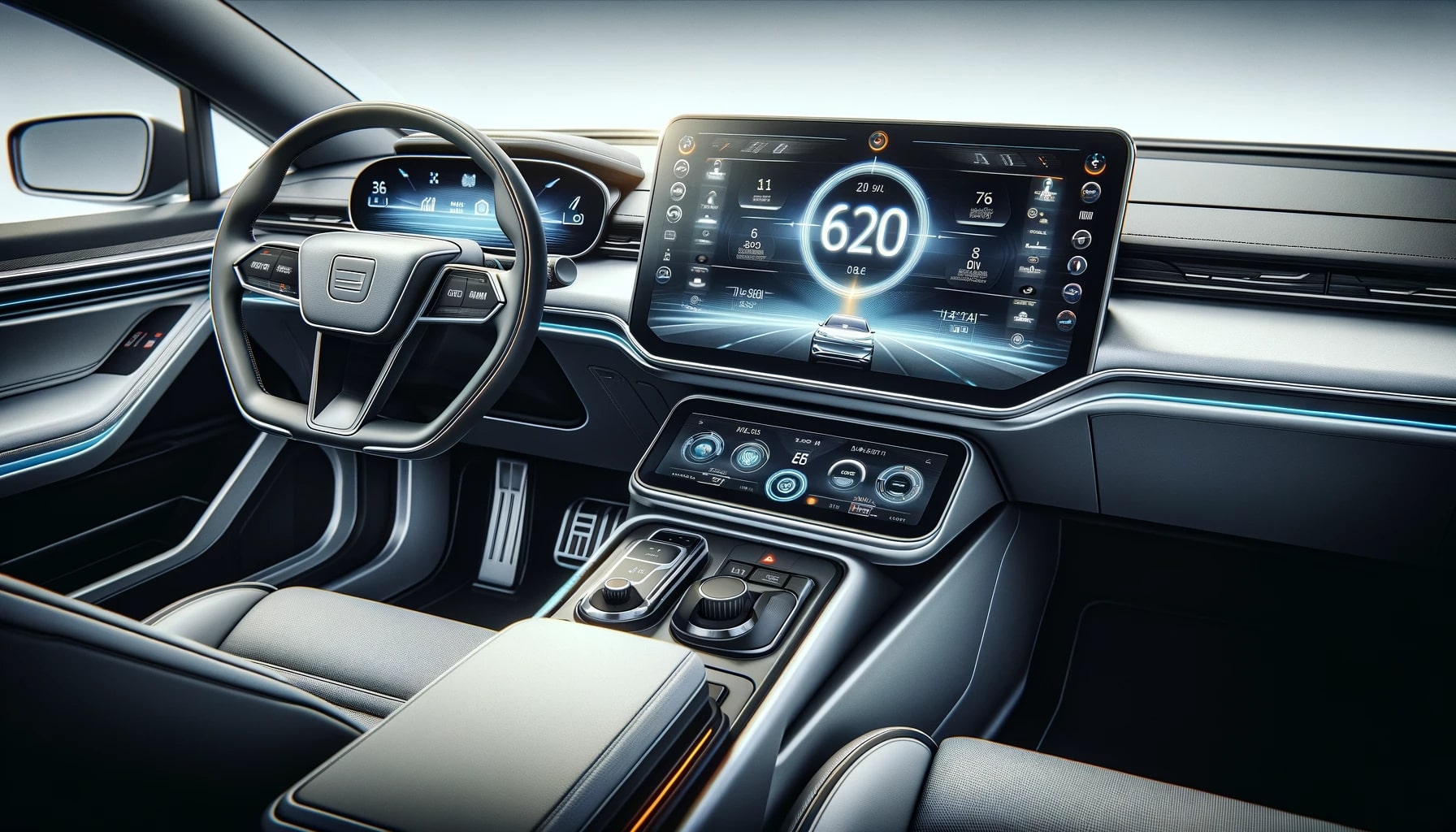The crux of the matter lies in the immediate recall of 1,867 Polestar 4 electric vehicles by China’s State Administration for Market Regulation. These vehicles, produced between November 29, 2023, and February 1, 2024, are affected by a brake controller software issue that could lead to compromised brake control and electronic brake assist functionality.
The history of electric vehicles (EVs) has seen various manufacturers issuing recalls for technical issues, yet this instance with Polestar, a company known for its commitment to quality and safety, underscores the challenges even leading innovators face. Recalls have typically motivated manufacturers to enhance safety measures and software integrity, reflecting an industry that is constantly evolving in its pursuit of reliability and customer safety.
What is the Nature of the Software Issue?
The problem originates from a fault within the Polestar 4’s brake controller software, which presents a safety hazard by potentially degrading brake control. The SAMR has issued guidance for drivers to maintain longer distances from other vehicles and apply greater pressure to the brake pedal if they notice any malfunction indicators.
Can the Recall be Addressed Remotely?
Fortuitously, the solution does not necessitate a physical visit to a service center for most vehicles. Polestar plans to resolve the issue through a no-cost over-the-air update. For the few vehicles where this remote update is unfeasible, the company will proactively contact owners to arrange a complimentary service appointment.
How Has the Polestar 4 Fared Since Launch?
The Polestar 4 made its market debut in China in April 2023, with initial pricing set between RMB 349,800 and RMB 533,800. In an aggressive pricing strategy, Polestar later reduced the base price to RMB 299,900. Delivery of these vehicles began in January of this year, indicating a quick response from the company to address any issues post-launch.
In a scientific paper titled “Software-Related Recalls in the Automotive Industry” published in the Journal of Automotive Safety and Energy, researchers examine the increasing trend of recalls due to software issues in modern vehicles. The analysis reveals that as vehicles become more software-dependent, the propensity for such recalls increases. This paper’s insights correlate with the current issue faced by Polestar 4, highlighting a broader industry challenge.
Useful Information for the Reader
- Polestar is fixing the software issue via OTA updates.
- Owners should maintain caution while driving affected vehicles.
- Recalls are common as vehicles rely more on complex software.
The recall of Polestar 4 vehicles in China underscores a critical aspect of modern automotive safety — the reliance on software integrity. As Polestar addresses the software fault through innovative OTA updates, it sets a precedent for efficient crisis management. This incident illuminates the continuous balancing act in the EV market between pushing the envelope of technological advancement and ensuring user safety. Vehicle recalls, while inconvenient, serve an essential purpose in the lifecycle of automotive innovation, allowing manufacturers to rectify unforeseen issues and enhance the overall safety and reliability of their fleet. Drivers of the EV revolution, like Polestar, navigate these complexities to build consumer trust and drive the industry forward.










